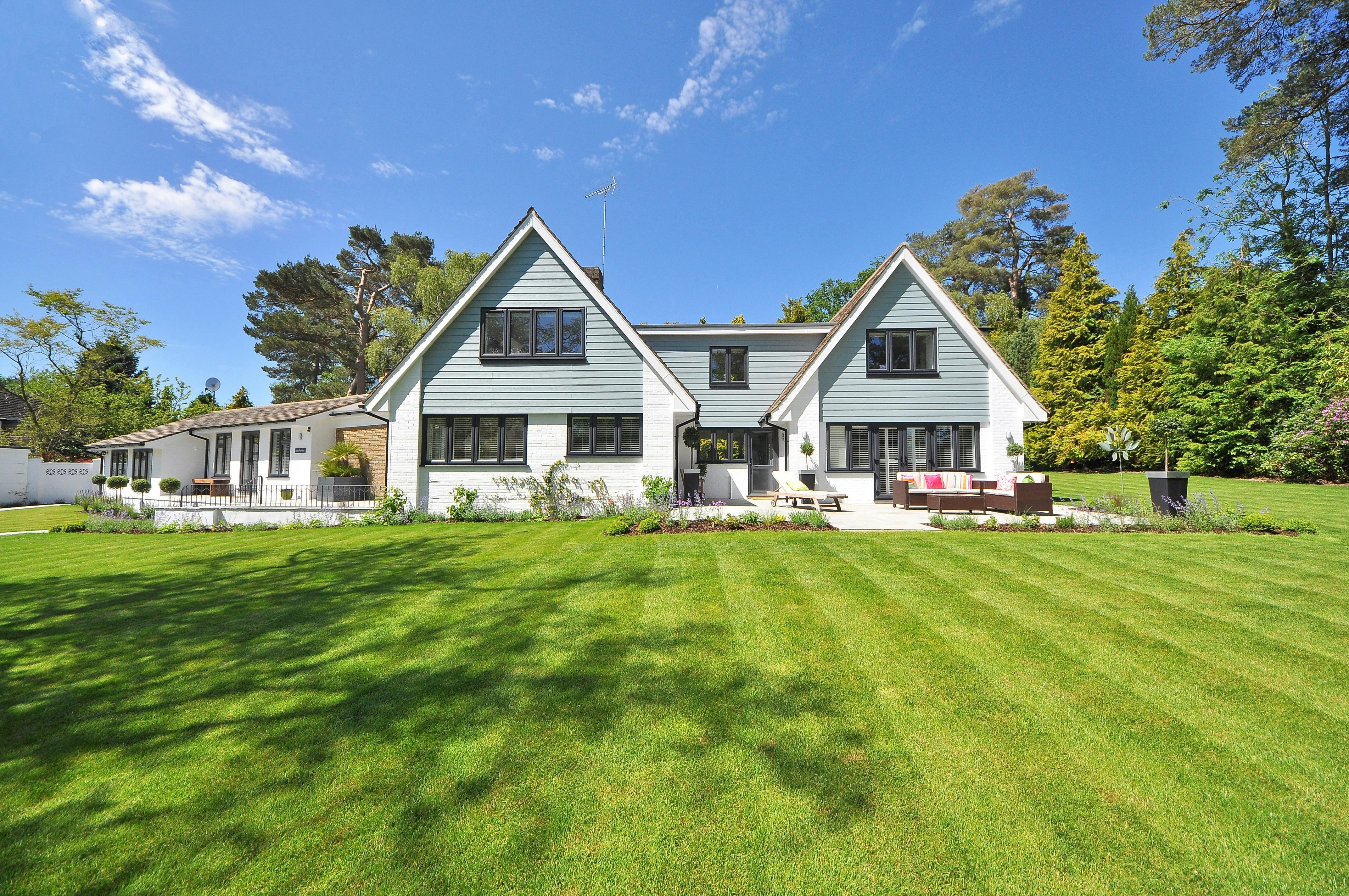Singapore is a vibrant and stable real estate market, attracting investors from around the world. For foreigners, investing in property here can be rewarding, but it also comes with rules and considerations that must be understood. This guide will walk you through everything you need to know in simple and clear terms.
Why Invest in Singapore Property?
Singapore offers a strong and transparent property market, supported by political stability, a robust economy, and a high standard of living. For foreign investors, these factors create a safe environment for long-term investment. Additionally, the city-state’s strategic location in Asia makes it a hub for business and trade, which can contribute to property demand and potential rental income.
Understanding Property Types
When investing in Singapore, it’s essential to understand the types of properties available:
1. Residential Properties
-
Landed Properties: These include bungalows, terrace houses, and semi-detached houses. They are more expensive and generally have restrictions for foreign buyers.
-
Condominiums: These are popular among foreigners because they are fully accessible to non-residents and often come with amenities like gyms, pools, and security.
2. Commercial Properties
-
Offices, shops, and industrial units are options for those looking to invest in business spaces. Commercial property can offer higher returns, but it also carries more risk and requires understanding market trends.
3. HDB Flats
-
Public housing under the Housing and Development Board is generally not available to foreigners, except in rare cases where the property is purchased on the resale market with additional restrictions.
Legal Requirements for Foreign Investors
Foreigners can buy most private properties but must comply with certain regulations. Here’s a quick overview:
-
Stamp Duty: Foreign buyers must pay an Additional Buyer’s Stamp Duty (ABSD), which is higher than for locals. This tax applies on top of the standard property purchase fees.
-
Financing Rules: Banks typically allow up to 75% financing for foreign buyers, but requirements may vary depending on the property type and your financial profile.
-
Approval Processes: Some landed properties require approval from the Singapore Land Authority (SLA) before purchase. Condominiums, however, generally do not have this restriction.
Steps to Start Your Property Investment
Investing in Singapore property can be straightforward if you follow the right steps:
Step 1: Define Your Investment Goals
Decide if you are buying for rental income, capital appreciation, or personal use. This will guide your property choice, location, and budget.
Step 2: Research Locations
Popular areas for investment include the Central Business District, Orchard Road, and areas near MRT stations. Research factors such as accessibility, nearby amenities, and future developments.
Step 3: Assess Your Budget
Include all costs such as the property price, stamp duties, legal fees, and renovation expenses. Make sure you have a clear understanding of your total investment requirement.
Step 4: Engage a Professional
Working with a real estate agent, lawyer, or financial advisor can help you navigate local regulations, negotiate prices, and manage paperwork efficiently.
Step 5: Analyze Potential Returns
Evaluate rental yields and projected property appreciation. Singapore’s property market can be competitive, so consider both short-term cash flow and long-term gains.
Step 6: Complete the Purchase
Once you have selected a property and agreed on a price, the next step involves signing the Option to Purchase, paying the required deposits, and completing the legal transfer of ownership.
Key Tips for Foreign Investors
-
Understand Taxes and Fees: Be aware of stamp duties, property taxes, and legal fees. Factor these into your investment calculations.
-
Monitor Market Trends: Singapore’s property market experiences fluctuations. Keeping up-to-date with government policies, supply trends, and economic indicators is crucial.
-
Consider Rental Demand: If investing for rental income, choose properties in areas with strong demand from expatriates or professionals.
-
Plan for Long-Term Investment: Property in Singapore tends to appreciate over time. Patience and strategic planning often yield the best results.
-
Check Financing Options: Explore mortgage options with local banks and compare interest rates to ensure affordability.
Common Challenges and How to Overcome Them
Foreign investors may face challenges like high stamp duties, limited financing options, and unfamiliarity with local regulations. Overcoming these requires careful research, professional advice, and a clear understanding of the legal landscape.
Additionally, competition in popular areas can be intense. Flexibility in location or property type can help mitigate this challenge while still achieving investment goals.
Conclusion
Investing in Singapore property as a foreigner offers excellent opportunities for long-term financial growth. By understanding property types, legal requirements, investment steps, and potential challenges, you can make informed decisions that align with your financial goals. With careful planning and research, Singapore’s real estate market can be a valuable addition to your investment portfolio.
Important Links
Investing in Singapore Real Estate: Opportunities, Trends, and Insights
Buying Property in Singapore: What You Need to Know
The Luxury Real Estate Market in Singapore: A World of Prestige and Opportunity
Affordable Housing in Singapore: Understanding the HDB System and Beyond
Commercial Real Estate in Singapore: A Gateway to Business and Investment
Rivelle Tampines Executive Condo
Is Renting a Condo in Singapore Better Than Buying in 2025
Is it possible to buy a condo in Singapore without an agent
How to Sell Your Condo in Singapore Fast
How to Increase the Value of Your Condo Before Selling in Singapore



